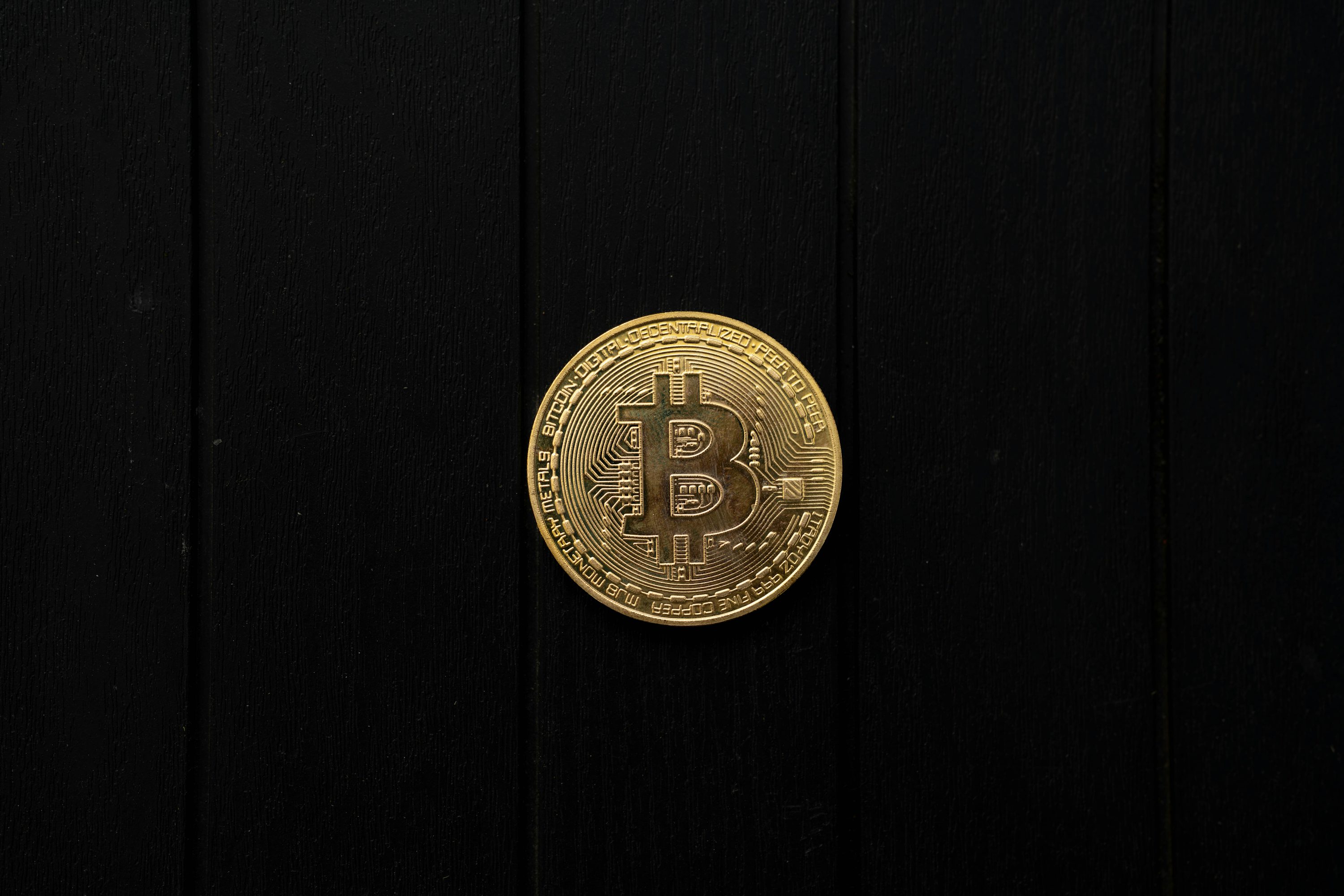 Congress moves forward on digital asset regulations with GENIUS, CLARITY Acts Gino Matos · 7 seconds ago · 2 min read
Congress moves forward on digital asset regulations with GENIUS, CLARITY Acts Gino Matos · 7 seconds ago · 2 min read
The Clarity Act will be reviewed by the Senate as the next step, while the GENIUS Act was sent to President Donald Trump, who plans to sign it into law on July 18.

Cover art/illustration via CryptoSlate. Image includes combined content which may include AI-generated content.
The House passed the GENIUS Act in a 307‑122 vote and sent the bill to President Donald Trump, who plans to sign it at a White House ceremony tomorrow, according to Galaxy head of research Alex Thorn.
The 307‑122 tally showed that more than 100 Democrats joined most Republicans to advance the measure, which differed from the tight vote on passing the motion to reconsider the bill.
House leadership cleared same-day enrollment, allowing staff to prepare the bill for presentation once the Senate secretary transmits the attested copy. This allows the President to act on the calendar leaders outlined for Friday.
The House also passed the CLARITY Act during the same session and sent it to the Senate following a 294-134 vote in favor of the legislation.
GENIUS Act requirements
The GENIUS Act establishes a federal framework for the issuance and supervision of payment stablecoins.
The bill directs the Federal Reserve to register and examine insured depository institutions at the national level while allowing qualifying state-chartered entities to issue dollar-backed tokens under comparable reserve, disclosure, redemption, and risk-management standards.
Issuers must hold high-quality liquid assets, such as cash, Treasury bills, and short-duration government securities, equal to their token liabilities. Additionally, they must report attestations at set intervals.
The measure instructs banking regulators to establish an examination schedule, creates consumer redemption rights at par within limited time windows, and sets segregation rules so that issuers cannot rehypothecate backing assets without obtaining specific customer authorization.
House clears CLARITY Act for Senate review
In a separate action, the House approved the CLARITY Act by a 294‑134 vote and sent the bill to the Senate.
CLARITY defines jurisdictional lines for digital asset trading venues that list tokens meeting functional tests, which fall outside the scope of securities law, once the networks reach sufficient decentralization and public float.
The bill directs the SEC and the Commodity Futures Trading Commission to establish a joint registration lane that allows platforms to list qualifying tokens, trade spot, and derivatives under coordinated custody standards, and file token disclosure packets that scale with market capitalization tiers.
Issuers that conduct sales to US persons must submit initial information statements. The measure also instructs banking supervisors to recognize qualified custodians that hold both stablecoins and non‑stable digital assets under shared segregation and audit rules.
The White House expects to host the signing of the GENIUS Act tomorrow. The Senate now takes up the CLARITY Act on a schedule that leadership has not yet set.
The House action locks in the first chamber‑wide votes to codify federal stablecoin oversight and to define trading venue treatment for broader digital assets in the current Congress.




















 English (US) ·
English (US) ·